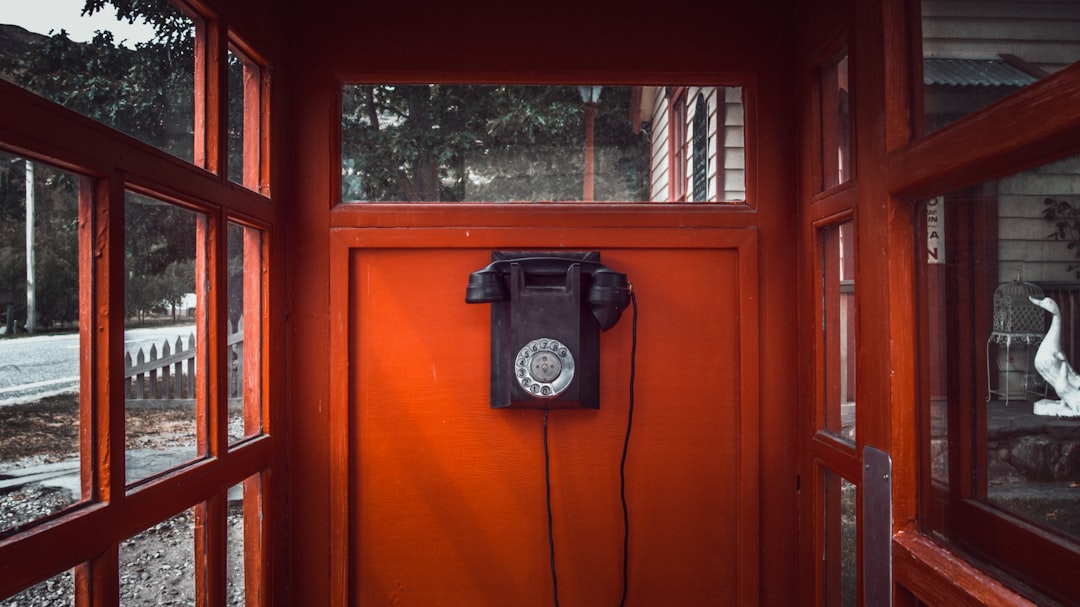In Ohio, an autodialer is a powerful tool for mass outreach via automated phone calls, governed by the Telephone Consumer Protection Act (TCPA). Specialized autodialer lawyers and law firms navigate TCPA regulations, offering guidance on best practices to prevent unwanted calls and representing clients in violation cases. Businesses should dispel myths about illegality and intrusiveness with proper use and compliance, ensuring consumer satisfaction and avoiding significant fines through consultation with experts in autodialer law in Ohio.
“Unraveling the Truths About Autodialers in Ohio: A Comprehensive Guide. In the digital age, businesses often turn to autodialers for marketing strategies, but many myths persist. This article aims to clarify common misconceptions surrounding autodialer usage in Ohio. From understanding their functionality within state laws to exploring legal considerations, we provide insights for businesses and autodialer lawyers alike. Discover how these tools can be employed effectively while navigating the legal landscape with an autodialer attorney or law firm in Ohio.”
What Are Autodialers and How Do They Work in Ohio?

In Ohio, an autodialer refers to a technology that uses automatic telephone dialing systems (ATDS) to make or send a series of automated phone calls. These devices are capable of quickly and efficiently placing calls to numerous numbers at once, making them a popular tool for businesses engaging in mass outreach. ATDS can be software applications or physical hardware, often used for telemarketing, debt collection, or political campaigns. They work by randomly or sequentially dialing telephone numbers from a list, leaving prerecorded messages or connecting the caller to a live agent.
While autodialers have revolutionized communication strategies for many businesses in Ohio, they are also subject to regulation under the Telephone Consumer Protection Act (TCPA). This federal law restricts how and when automated calls can be made, ensuring consumer privacy and preventing nuisance calls. Autodialer lawyers in Ohio help clients navigate these regulations, advising on best practices and legal obligations. They assist in cases where autodialer use has led to TCPA violations, representing individuals or businesses facing lawsuits over unwanted phone calls. An autodialer attorney or law firm in Ohio can provide guidance, ensuring compliance and minimizing risks associated with this technology.
Debunking Common Myths About Autodialer Usage in Ohio

Many businesses in Ohio operate under misconceptions regarding autodialers and their legal implications. It’s common to hear rumors about these automated phone systems being inherently illegal or excessively intrusive, but as an autodialer lawyer Ohio, we aim to clarify these myths. In reality, when used responsibly and in compliance with state laws, autodialers can be a powerful tool for marketing and customer engagement.
Businesses often worry that autodialers are a nuisance to consumers, but with proper scriptwriting and adherence to Do-Not-Call lists, these concerns can be addressed. An autodialer attorney Ohio can help navigate the legalities surrounding such technologies, ensuring compliance while leveraging their benefits. Many consumers actually appreciate the efficiency of automated messages, making it an effective strategy for businesses in Ohio to reach a wider audience without causing undue distress.
Legal Considerations for Businesses Using Autodialers in Ohio

Using an autodialer in Ohio comes with a range of legal considerations that businesses must navigate to ensure compliance and avoid potential penalties. The state has specific regulations regarding automated phone systems, including restrictions on when and how they can be used. For instance, Ohio law prohibits the use of autodialers for telemarketing purposes during certain hours, such as before 7:00 a.m. or after 9:00 p.m., unless the caller has prior express consent from the recipient. Non-compliance with these rules can result in significant fines and legal repercussions.
Businesses in Ohio that employ autodialers should also be aware of the requirements for obtaining proper consent, providing clear disclosures, and allowing recipients to opt out of future calls. An autodialer lawyer or attorney in Ohio specializing in telecommunications law can help businesses understand and adhere to these regulations, ensuring their practices are compliant and reducing the risk of legal issues arising from the use of automated dialing systems. Such legal experts can guide companies on crafting effective consent forms, managing call records, and staying updated on evolving autodialer laws and regulations.





